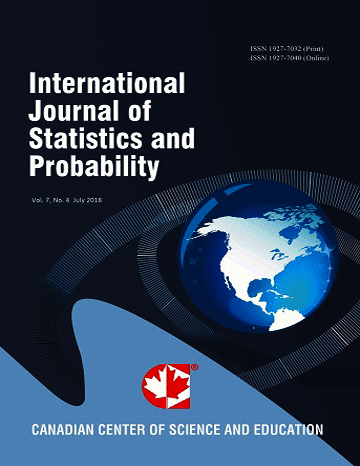Application of Principal Component Analysis and Response Surface Methodology in the Process of Steel Wire Tempering
- Cristie Diego Pimenta
- Messias Borges Silva
- Rose Lima de Morais Campos
- Fabrício Maciel Gomes
Abstract
The purpose of this work was the creation of a statistical modeling capable of replacing the process used to set up of the ovens of the quenching and tempering who is traditionally accomplished through adjustments made based on the results of mechanical properties tested in laboratory and required in customer specifications. This study seeks to understand the influence of input variables (factors) on the tensile strength limit, in SAE 9254 draw steel wires, with diameters 2.00 mm and 6.50 mm, used in the manufacture of valve springs and clutch springs for automobiles. The process input variables were investigated: steel wire diameter, processing speed, temper temperature and liquid polymer concentration (which is the tempering medium). Methodologies were used where design of experiments, multiple regression and quadratic regression, principal components analysis (multivariate statistical) and response surface methodology. Results revealed which variables are significant in the process. Also models obtained were validated using appropriate statistical methods. If this study is used, it can provide the automation of this process. It’s important to point out that it could impact the increase in productivity and quality of product.
- Full Text:
 PDF
PDF
- DOI:10.5539/ijsp.v9n1p9
Index
- ACNP
- Aerospace Database
- BASE (Bielefeld Academic Search Engine)
- CNKI Scholar
- DTU Library
- Elektronische Zeitschriftenbibliothek (EZB)
- EuroPub Database
- Excellence in Research for Australia (ERA)
- Google Scholar
- Harvard Library
- Infotrieve
- JournalTOCs
- Mir@bel
- Open policy finder
- ResearchGate
- Technische Informationsbibliothek (TIB)
- UCR Library
- WorldCat
Contact
- Wendy SmithEditorial Assistant
- ijsp@ccsenet.org
